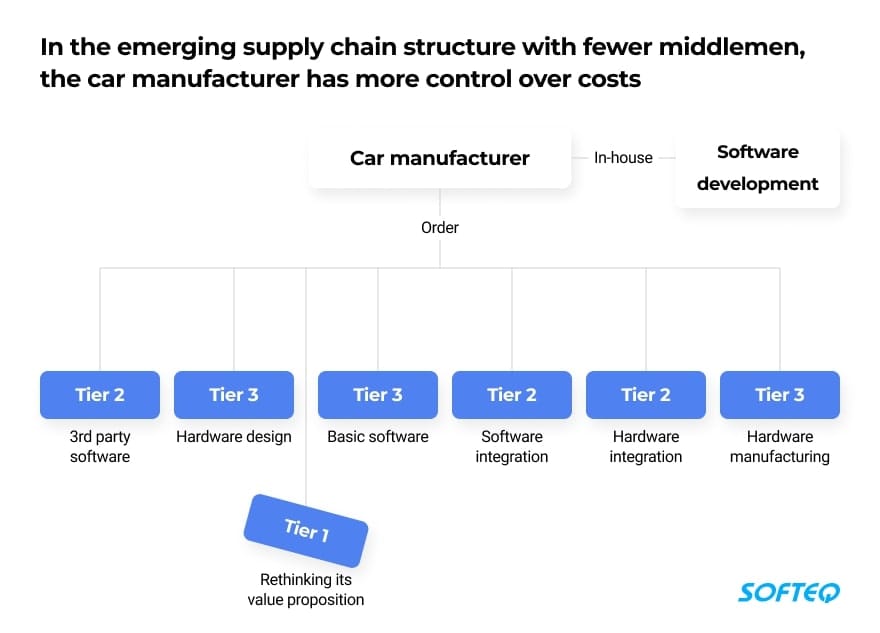In a pivotal meeting held in Berlin, global leaders gathered to discuss energy security in light of the ongoing conflict in Ukraine, which has significantly disrupted energy supplies and heightened geopolitical tensions. The discussions focused on the urgent need for a coordinated response to ensure energy resilience, diversify energy sources, and accelerate the transition to renewable energy.
The war in Ukraine has led to a dramatic shift in energy dynamics, particularly in Europe, where reliance on Russian gas has been a longstanding issue. With the conflict intensifying, European nations have faced skyrocketing energy prices and supply shortages, prompting leaders to seek alternative energy partnerships and invest in domestic energy production.
During the meeting, German Chancellor Olaf Scholz emphasized the importance of unity among allies, stating, “We must work together to secure our energy supplies and support Ukraine in its fight for sovereignty and stability.” Scholz highlighted Germany’s commitment to reducing dependence on Russian energy, a goal that has gained urgency since the invasion began in February 2022.
The leaders also discussed the potential for increased cooperation with countries in the Middle East and Africa to secure oil and gas supplies. Discussions included the expansion of liquefied natural gas (LNG) infrastructure and the establishment of strategic reserves to buffer against future supply shocks.
Furthermore, the meeting underscored the critical role of renewable energy in achieving long-term energy security. Many leaders advocated for accelerated investments in wind, solar, and other renewable technologies, viewing this transition as essential not only for environmental sustainability but also for reducing vulnerability to geopolitical disruptions.
As part of the agenda, the leaders addressed the need for a collective approach to energy efficiency and conservation measures, emphasizing that individual nations must also play their part in mitigating energy demand.
The discussions concluded with a commitment to hold a follow-up summit in early 2024, where progress on energy security initiatives will be reviewed and further strategies will be developed. The ongoing conflict in Ukraine continues to serve as a stark reminder of the interconnectedness of global energy markets and the critical importance of resilient energy policies.
As the world grapples with the implications of the Ukraine conflict, the decisions made by these leaders will shape the future of energy security and influence global economic stability for years to come.
Sources:
1. European Commission, “Energy Security in the EU: Challenges and Opportunities,” 2023.
2. International Energy Agency, “Global Energy Review: CO2 Emissions in 2022,” 2023.
3. Reuters, “Germany’s Energy Transition: What’s Next After the Ukraine War?” 2023.



